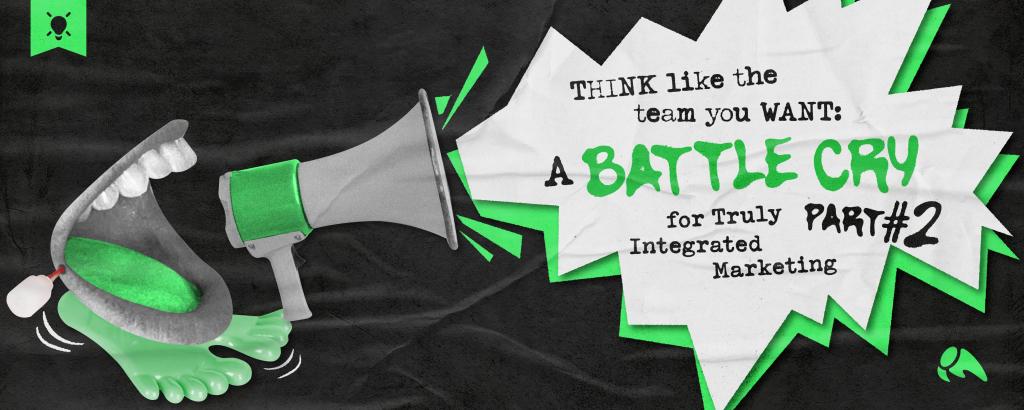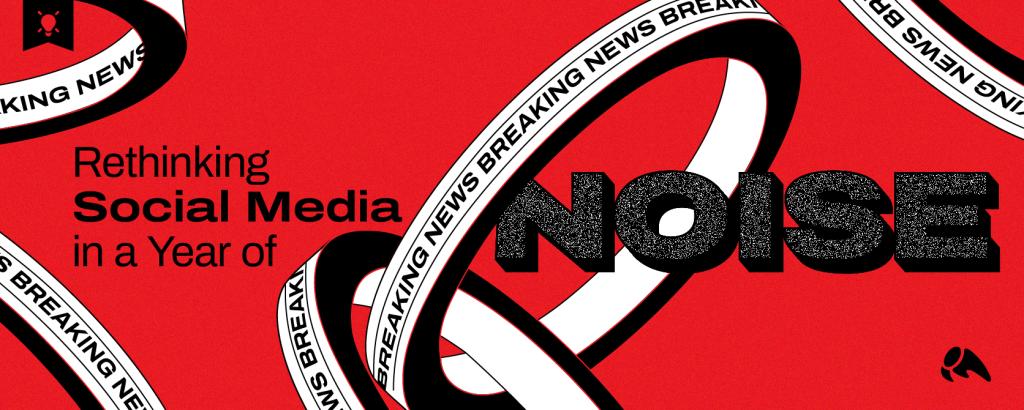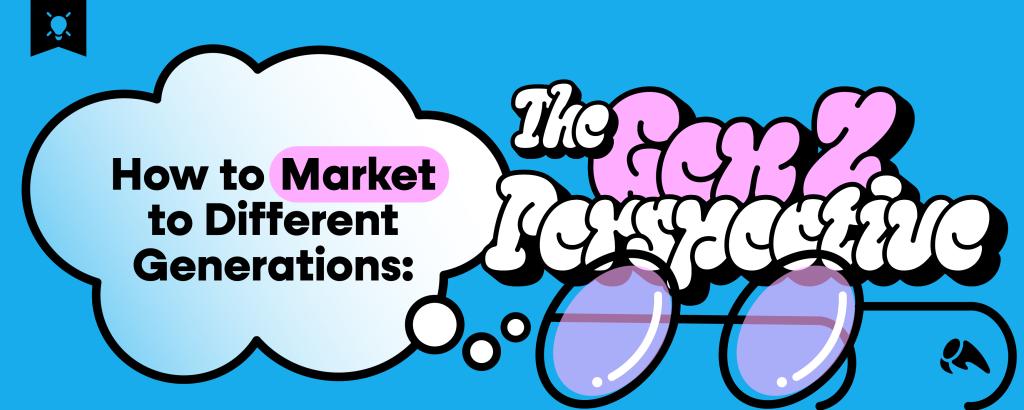We all make mistakes. I’ve certainly made more than my share of mistakes throughout the past several years I’ve been managing PPC campaigns. However, a number of big brands show a troubling level of carelessness in their ad setup, resulting in not only constant ridicule from people who notice, but also a hefty amount of wasted money. Sadly, I’m talking about brands well-known for both online and offline marketing expertise. A lot of these problems stem from over-depending on automation, dumping in bulk keyword lists without careful review, writing generic copy while relying on direct keyword insertion to deliver relevance and failing to consider negative keywords.
Here’s one recent example that made the rounds through the PPC community on Twitter.
Oh @Target you and your terribly lazy PPC ads never cease to amaze me. #ppcchat #AdWords pic.twitter.com/MwJEFm07nG
— Jordon Meyer (@jordonmeyer) November 14, 2013
Don’t start picking out a name for that Boston Terrier you’ll be buying from Target just yet. This ad serves as just one example why human oversight of PPC is still necessary despite the sophistication of automated tools. I suspect “boston terriers” was added with an auto-generated list of keywords related to products on the site (probably triggered by Target’s pet supplies), but of course you’d end up disappointed if you walked into Target and expected to leave with a new puppy. While keyword tools like Google’s Keyword Planner provide value in finding a number of keywords related to a topic, you still need to weed through carefully in order to make sure each keyword accurately represents a product or service your company offers.
The following examples illustrate several mistakes that every advertiser should take care to avoid. You may think, “I wouldn’t do that!” However, you should still regularly review your campaigns to make sure no embarrassment for your brand will show up in search results.
Overly Generic Verbiage
Which ad would you click if you were wanting to buy a Lakers jersey? Or, more to the point, which one would you be least likely to click?

The top two ads specifically mention “Lakers Jerseys,” matching the exact request of the searcher. However, the Walmart one simply talks about clothing, not even mentioning sports jerseys in general. Even talking about Black Friday and holiday offers will likely fail to pull in searchers when compared to the more relevant ads. The more precisely your ads relate to the keywords being searched, the more sales will result.
Next, while we’re talking about Walmart:
Spelling & Grammar Errors

Ironically, an ad appearing to be a PR effort contains a spelling error (“Avgerage”). Nice one, Walmart.
For obvious reasons, blatant errors in ad copy reflect poorly on a brand. In addition to general errors when writing ads, these problems can often result from poorly deployed keyword insertion, as in the next example.
Lazy Keyword Insertion

Dynamic keyword insertion certainly has its place as a way to customize messaging precisely to a user’s query, but always be careful to consider how each keyword will appear within an ad. Sadly, a company like Amazon that puts painstaking effort into every pixel of its website apparently does not exercise the same care in reviewing how its AdWords campaigns are set up, and many other examples like this exist.
Lack of Negative Keywords
Negative keywords help to save money both by cutting down on wasted clicks and by blocking irrelevant impressions that can drive down clickthrough rates and quality scores. Experienced PPC managers know they can’t anticipate every possible search that will come through and use search query reports to spot irrelevant searches. However, several big brands appear to have not taken into account some obvious negative keywords.

Most likely, people including “pc” in their search queries are not wanting to install new windows in their houses. Yet 4 out of the 6 top ads for this search relate to the wrong type of windows, including brands as well known as Lowe’s. Unfortunately, the guy in the red vest at Lowe’s probably won’t be able to help you install a new version of Windows on your PC. Adding “pc” as a negative keyword would solve this problem.
For the next example, I searched for “brake drums”:

When I clicked the link, of course, a series of drum sets appeared with nothing related to brake drums for a car. I’d definitely be ignoring this ad if I were looking for parts to fix my vehicle’s brakes. Simply adding “brake” and “brakes” as negative keywords would eliminate a lot of searches from automotive part seekers whose first thought isn’t to start a band.
Just Plain Carelessness
Seriously, I don’t even want to know how much people are bidding for the top spot here. Apparently a lot of people forget to delete this default phrase that appears when adding keywords via the AdWords web interface.

Whether you’re putting too much faith in automation or just being careless in setting up your PPC campaigns, you need to make sure every ad that shows up accurately represents your brand and delivers what the user expects. Take some time to review your campaigns, ensuring you’re not making any of these mistakes. Also, if you’ve spotted any other advertising mishaps by major brands, feel free to comment!
Thanks to Melissa Mackey and Jesse Semchuck for sharing examples to use in this post.





